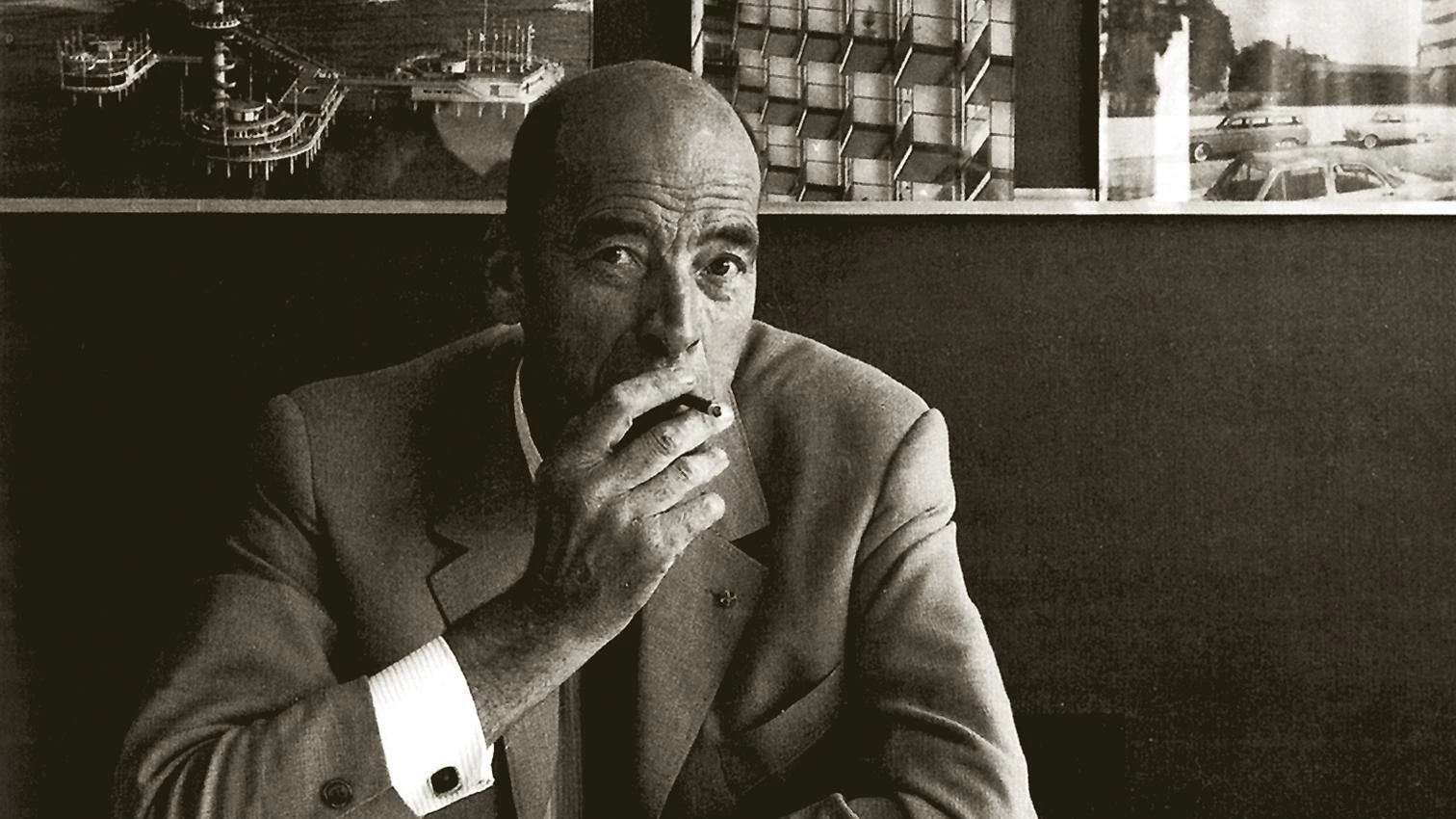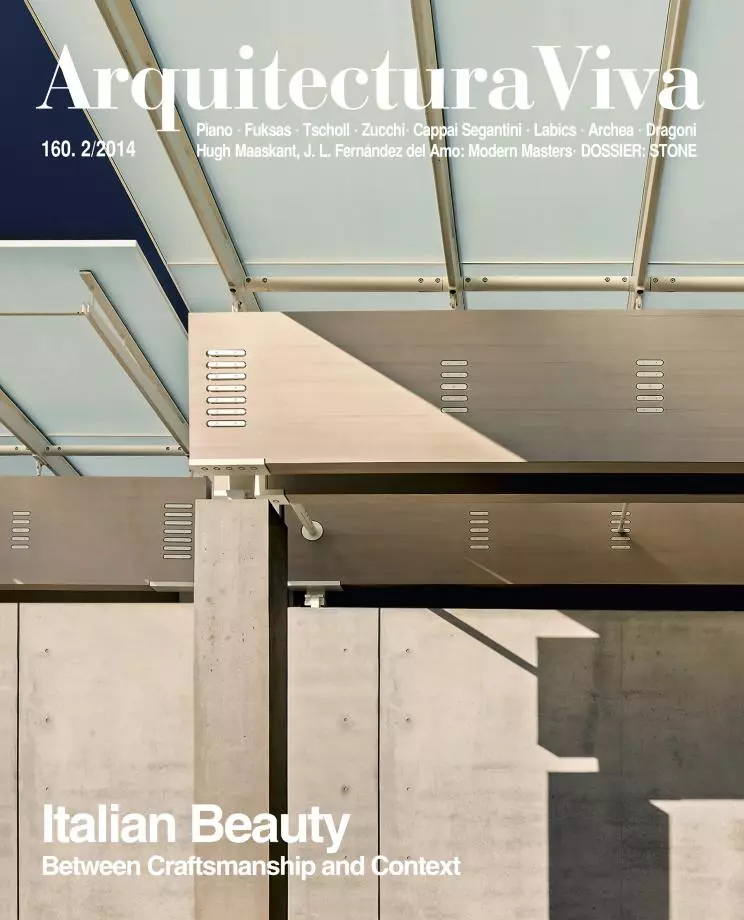
Hugh Maaskant (1907–1977) was the most important Dutch architect of the postwar, the author of huge complexes that with bold optimism and technical efficiency expressed modernity’s capacity to reconstruct a devastated country. From his office in Rotterdam – a city completely destroyed by bombings – Maaskant raised factories, offices, dwellings, schools, hotels, corporate headquarters, and public buildings that in the course of a generation transformed the Netherlands into a welfare state and then a consumerist society. Often considered an authoritarian technocrat who imported American organizational methods and design pragmatism – in contrast with the idealist humanism of Aldo Van Eyck, Herman Hertzberger, or Jaap Bakema –, the influential Maaskant was forgotten after his death, in spite of the admiration of Rem Koolhaas, Winy Maas, Adriaan Geuze, or Willem Jan Neutelings, all of whom have their offices in Maaskant buildings...





